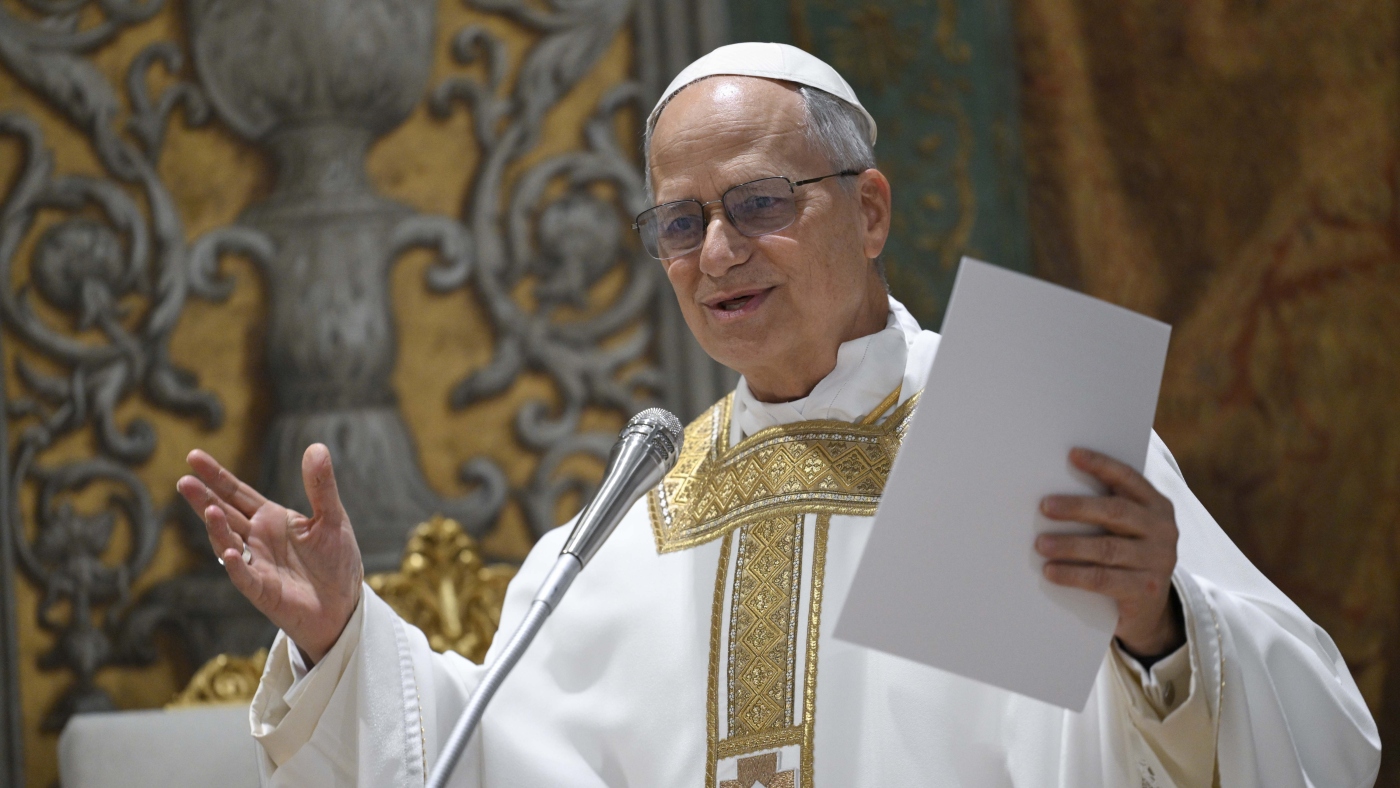Navigating the Complexities of Papal Leadership: A Deep Dive into Pope Leo XIV’s Stances
A New Pontiff, A New Era
Pope Leo XIV, the newly elected pontiff, steps into a world fraught with social, political, and environmental challenges. His views on critical issues such as climate change, LGBTQ+ rights, and politics are under intense scrutiny. This analysis explores Pope Leo’s stances, compares them with those of his predecessor, Pope Francis, and examines the potential implications for the Catholic Church and the global community.
Climate Change: A Moral Imperative
Pope Leo XIV continues the legacy of Pope Francis in highlighting the urgency of climate change. Both pontiffs have consistently emphasized the disproportionate impact of environmental degradation on the poor and marginalized, particularly women and children. Pope Leo’s alignment with Pope Francis on this issue is rooted in the Catholic Church’s teachings on stewardship and social justice. This perspective calls for a collective effort to safeguard the planet for future generations, framing climate change as a moral issue that demands immediate action.
The Catholic Church’s stance on climate change is not merely environmental; it is deeply spiritual and ethical. By emphasizing the moral dimensions of climate change, Pope Leo XIV and Pope Francis urge the faithful to see environmental stewardship as an integral part of their religious duties. This approach resonates with the broader Catholic community, which has long been engaged in social justice initiatives. The Church’s teachings on the dignity of every human being and the common good provide a robust framework for addressing climate change, making it a priority for both pontiffs.
LGBTQ+ Rights: A Nuanced Approach
Pope Leo XIV’s views on LGBTQ+ rights are more nuanced and less progressive than those of Pope Francis. While Pope Francis was openly critical of laws criminalizing LGBTQ+ people, describing them as “unjust,” and generally supportive of greater inclusion within the Church, Pope Leo XIV has been more cautious. His opposition to the ordination of female deacons aligns with traditional Catholic teachings, reflecting a more conservative stance on gender roles within the Church.
However, Pope Leo XIV’s views on LGBTQ+ issues have been met with cautious optimism by some liberals, who hope he will continue the inclusive path started by Pope Francis. Previous remarks by Pope Leo XIV about the ‘homosexual lifestyle’ have raised concerns among LGBTQ+ Catholics. The Church’s stance on LGBTQ+ rights is a delicate balance between maintaining traditional teachings and fostering an inclusive community. Pope Leo XIV’s approach will be crucial in shaping the Church’s future relationship with LGBTQ+ individuals and communities.
Politics and Social Issues: A Centrist Blend
Pope Leo XIV’s political and social views reflect a centrist approach, blending progressive views with traditional Catholic teachings. His stance on immigration, for instance, aligns with that of Pope Francis, advocating for compassionate treatment of migrants. Both pontiffs emphasize the Church’s responsibility to support those in need, reflecting a commitment to social justice and humanitarian values.
However, Pope Leo XIV’s views on abortion and other social issues remain less clear. Some speculate that he may adopt a more conservative stance than Pope Francis. This ambiguity leaves room for interpretation and potential shifts in the Church’s social policies. Pope Leo XIV’s political views are seen as a blend of traditional Catholic principles and progressive social policies, reflecting a balanced approach to governance and social justice.
Women in the Church: Traditionalism vs. Inclusion
Pope Leo XIV’s stance on women in the Church is more conservative than that of Pope Francis. He opposes the ordination of female deacons, adhering to the Church’s long-standing tradition. This position has sparked mixed reactions, with some advocating for greater inclusion of women in leadership roles within the Church.
Pope Leo XIV’s views on women in the Church reflect a more traditional interpretation of Catholic teachings, emphasizing the importance of maintaining the status quo in matters of ordination and leadership. This stance is likely to influence the Church’s policies on gender roles and women’s participation in religious leadership. The debate over women’s roles in the Church is ongoing, and Pope Leo XIV’s leadership will play a significant role in shaping its future direction.
A New Era of Leadership: Navigating Complex Challenges
Pope Leo XIV’s leadership will be crucial in navigating the complex landscape of social, political, and environmental challenges. His commitment to inclusion and compassion, coupled with his traditional views on certain issues, will shape the future of the Catholic Church and its role in the world. As the world’s billion-plus Catholic faithful look to him for guidance, Pope Leo XIV’s stances on key issues will have far-reaching implications.
The Church’s ability to address contemporary challenges will depend on its leaders’ capacity to balance traditional teachings with progressive social policies. Pope Leo XIV’s approach, while more nuanced and cautious than that of Pope Francis, reflects a deep commitment to the Church’s core values. His leadership will be tested by the need to address pressing issues such as climate change, LGBTQ+ rights, and social justice. As the Church continues to evolve, Pope Leo XIV’s stances will be pivotal in shaping its future trajectory.
A Call to Unity and Progress
In conclusion, Pope Leo XIV’s leadership marks a new era for the Catholic Church. His views on climate change, LGBTQ+ rights, and politics reflect a blend of traditional teachings and progressive social policies. While his approach is more cautious than that of Pope Francis, it is rooted in a deep commitment to the Church’s values. As the Church navigates the complexities of the modern world, Pope Leo XIV’s leadership will be essential in fostering unity and progress. His ability to balance tradition with innovation will determine the Church’s future role in addressing global challenges and promoting social justice. The world watches with anticipation as Pope Leo XIV charts a new course for the Catholic Church, guided by faith, compassion, and a vision for a better world.

